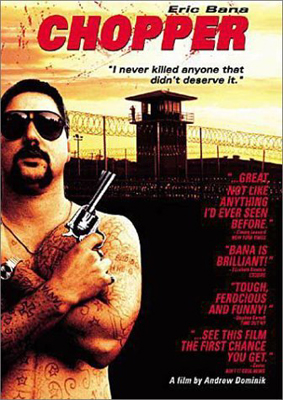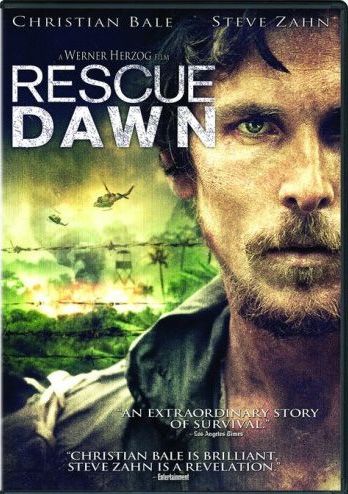
To me, one of the signs of a truly gifted filmmaker is the ability to take the seemingly simple and turn it into something rife with depth and complexity. The few filmmakers I can think of who meet that description are among the best in history, the Kubricks, the Godards, the Tarantinos and someone who’s certainly up high on that list is Werner Herzog. And in 2004 he accomplished this feat again with The White Diamond. This documentary has a premise that could easily have led to a pedestrian doc that you’ve seen a hundred times on television. Basically it’s about a British scientist who is about to head to the South American rainforest to test an airship he is developing for the purpose of hovering above and studying the forest canopy. Interesting, but hardly something that’s going to have you running to the theater, right? Well, that would be the case, if it was just about anyone other than Werner at the helm. He manages to weave a tale about the depth of the human experience that at all times feels both genuine and gripping. You feel as though you’re getting nothing but the god’s honest truth and it’s revealed in a way that will have you glued to the screen. Herzog leaves the camera running just a little longer than most would and asks questions that no one else does. By the end the subjects are displaying aspects of their lives and personalities that I’m certain they never expected to display. For example, he asks the scientist about a test he’s running, which is pretty expected, but then he interrupts the guy and asks him why he’s missing fingers on his left hand. At another point, he asks them if they would take one of the local Guyanese natives up in the balloon with them. A good documentarian knows where to focus the camera and what questions to ask and Herzog certainly hits all the right notes in this one. Expect the unexpected. This movie effortlessly manages to be light, heavy, funny, sad and everything in between. It’s engaging, genuine and beautifully shot. And with it’s short running time there’s seems not a moment wasted.
Worth Watching



